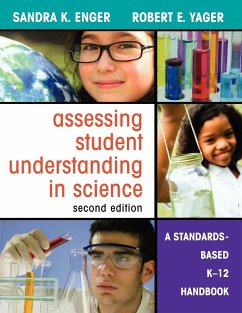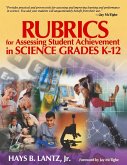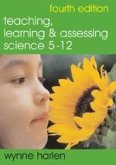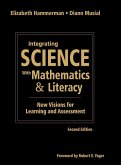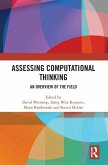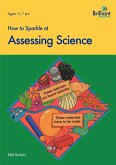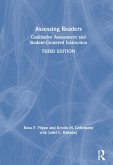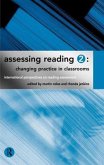Educators need a way to better assess science curriculum, teaching, and student learning to help our students become leaders, not just followers, in their technological future. Sandra Enger and Robert Yager, two experts in the field, provide the way. Comprehensive yet accessible, this book is packed full of methods for assessing the National Science Education Standards adopted by the National Research Councilùthe basis for most state and local standards. Alternative assessments, rubrics, grade level exemplars, and ideas for teachers to evaluate and improve their own curriculum and instruction make this practical hands-on guide a must. This book addresses critical issues of assessment including:Criteria to measure student progress in the six domains of science: concepts, processes, applications, attitude, the nature of science, and creativity Assessing student learning Evaluating teaching practice Designing rubrics and scoring guidesThis second edition of Assessing Student Understanding in Science: A Standards-Based Kû12 Handbook has been updated throughout and includes a new chapter on using notebooks in the science classroom, as well as extensive coverage of the use of formative assessment during science instruction.
